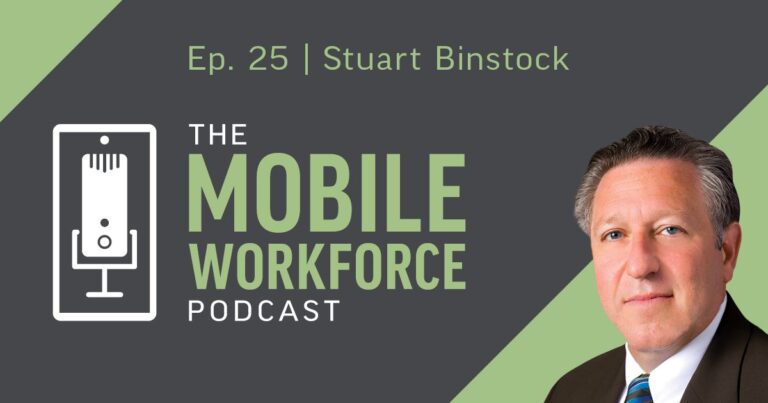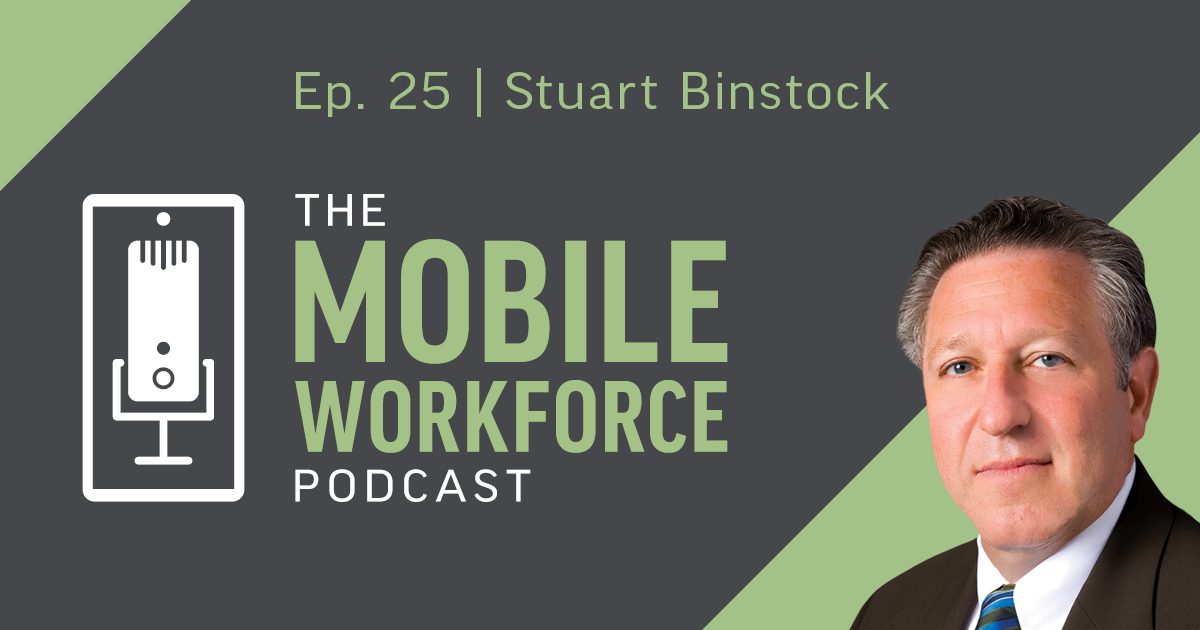Our users reported over 96% customer satisfaction for the last 10 years. Schedule a personal tour of our software to see how we can improve your business’s productivity.
Mental health is a subject that isn’t broached often in the world of construction, but according to Stuart Binstock, CEO and President of CFMA, it needs to be. Binstock is on the board of trustees for the Construction Industry Alliance for Suicide Prevention (CIASP). CIASP’s goal is making people aware that the problem exists in the United States and around the world with groups similar to CIASP. Based on recent trends, the group’s work has never been more critical.
In 2018, the Center for Disease Control found that construction had the highest suicide rate of any industry in the United States. During one presentation Binstock gave, he asked a group of construction companies, “How many of you have had a suicide on the job or are aware of an employee who has died by suicide?” Two thirds of attendees raised their hands. This is an alarming reality, but it’s one the construction industry can change.
In this episode of the Mobile Workforce Podcast, Binstock shares why people need to talk about mental health, how the construction industry can prioritize mental health in their company cultures and where to find the resources to educate employees on these matters.
Key Takeaways:
- Construction workers are highly susceptible to mental health struggles. In the construction industry, the majority of the workforce is caucasian men between the ages of 20 and 50 – a group considered at high risk for suicides. This correlation demonstrates why more construction companies need to recognize the problem so they may take steps to protect their employees.
- It’s time to invest in a culture of caring and well-being. The construction industry’s “Macho Man” stereotypes are destructive and detrimental. These include things like perpetuating the tough guy mentality and ignoring alcohol and substance abuse. The most critical assets a construction company has are its people. Investing in safety tools such as needs analysis, integration checklists and toolbox talks are steps in the right direction to keep everyone safe – but it’s also important to allow space for people to open up if they’re struggling with something.
- There are free resources to navigate mental health concerns in the workplace. Construction workers are not mental health experts but they can learn to notice the warning signs and take steps to help colleagues who are having a hard time. CIASP’s website, www.preventconstructionsuicide.com, provides free resources on how to navigate mental health concerns in the workplace.

